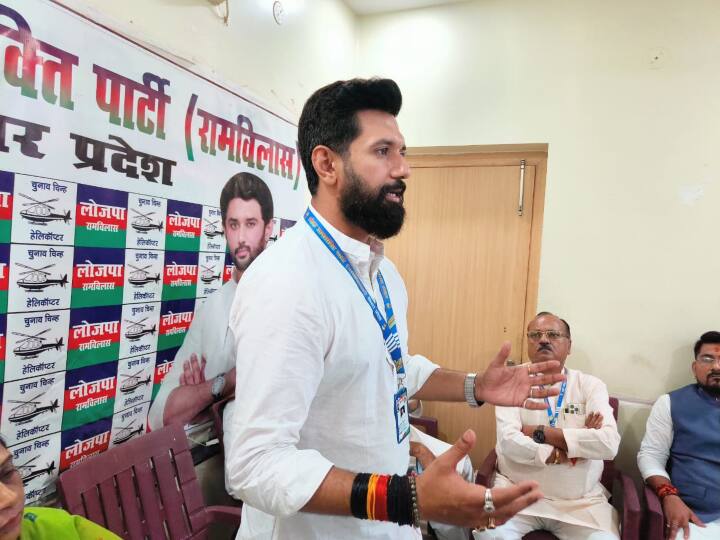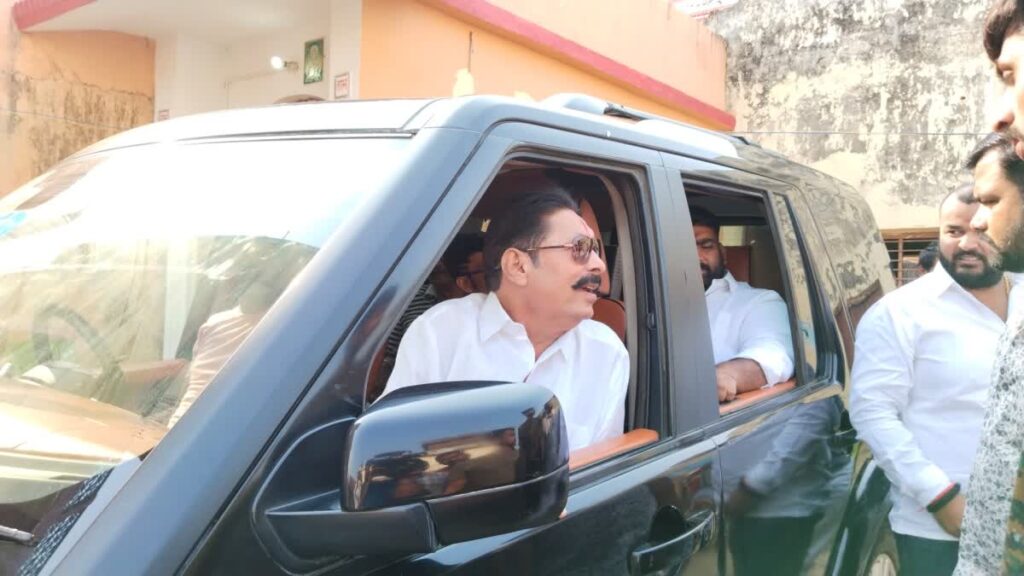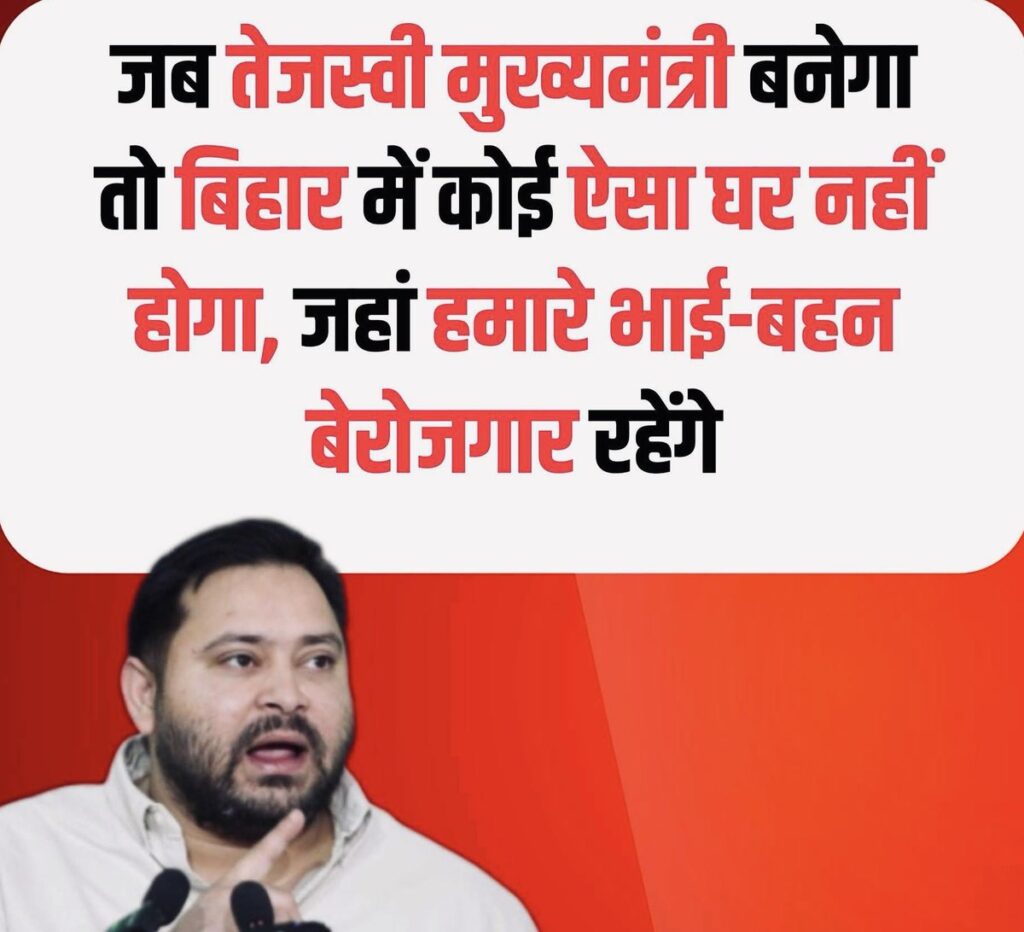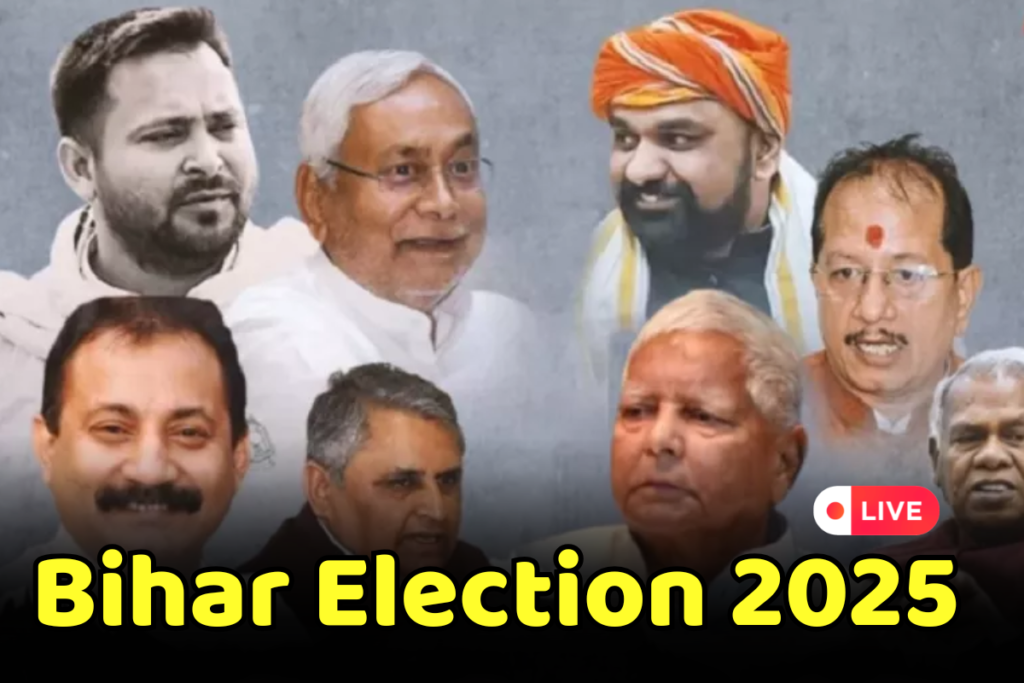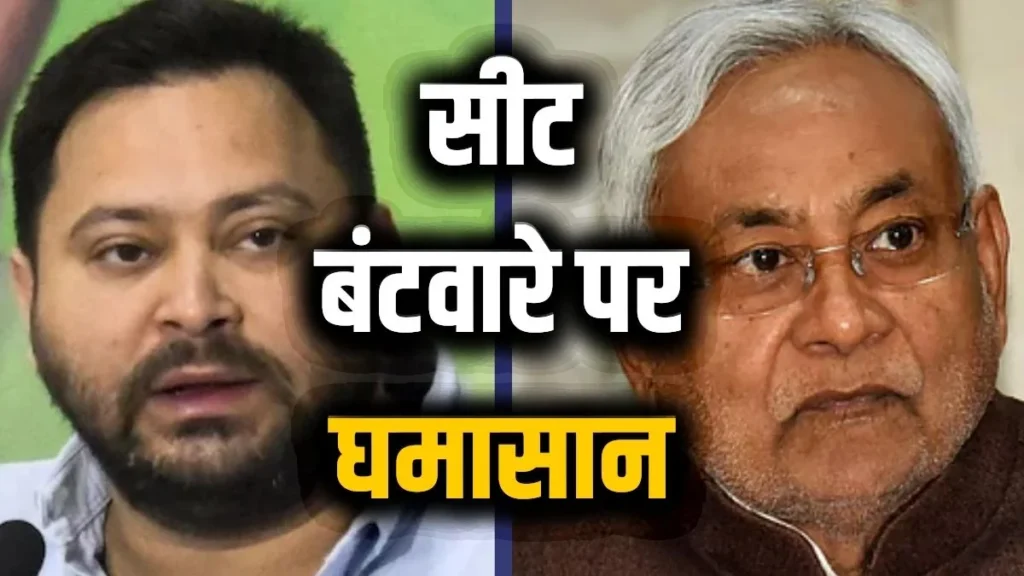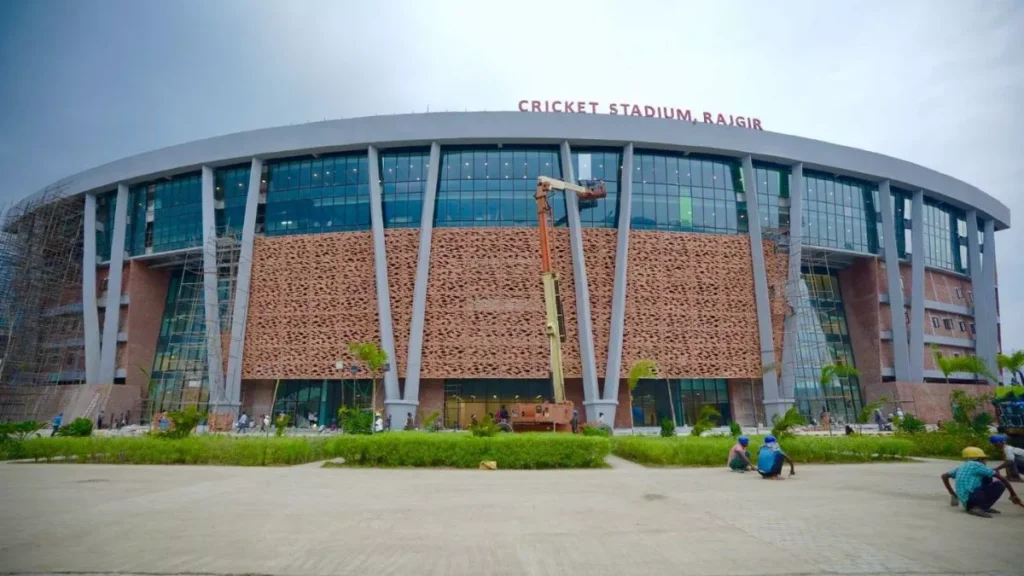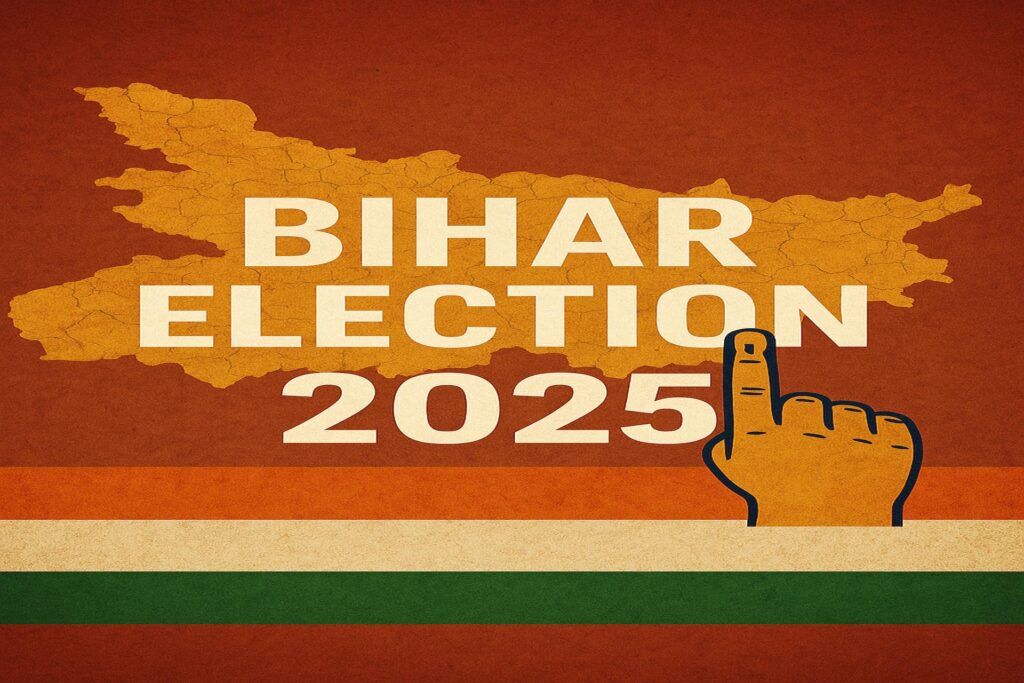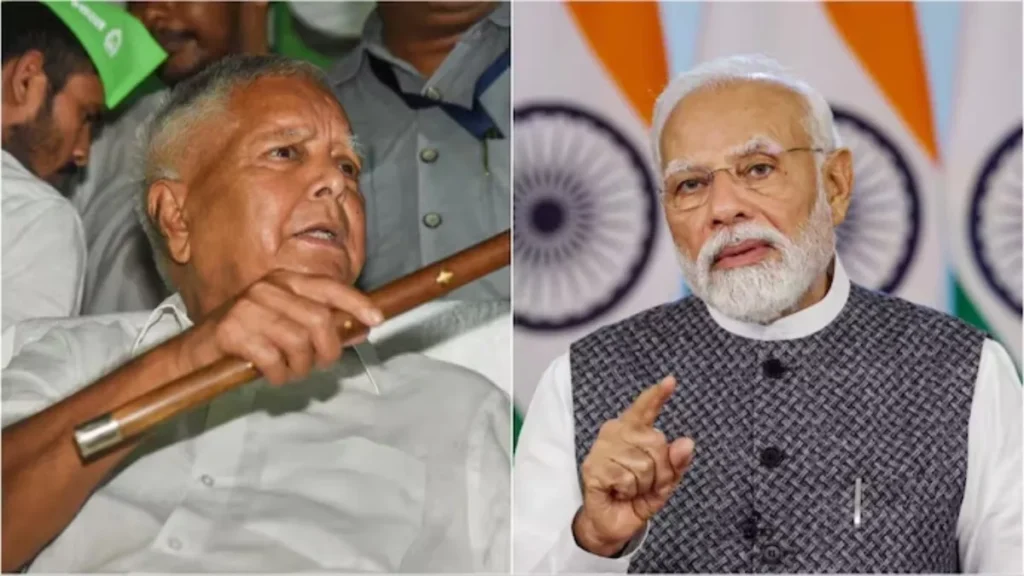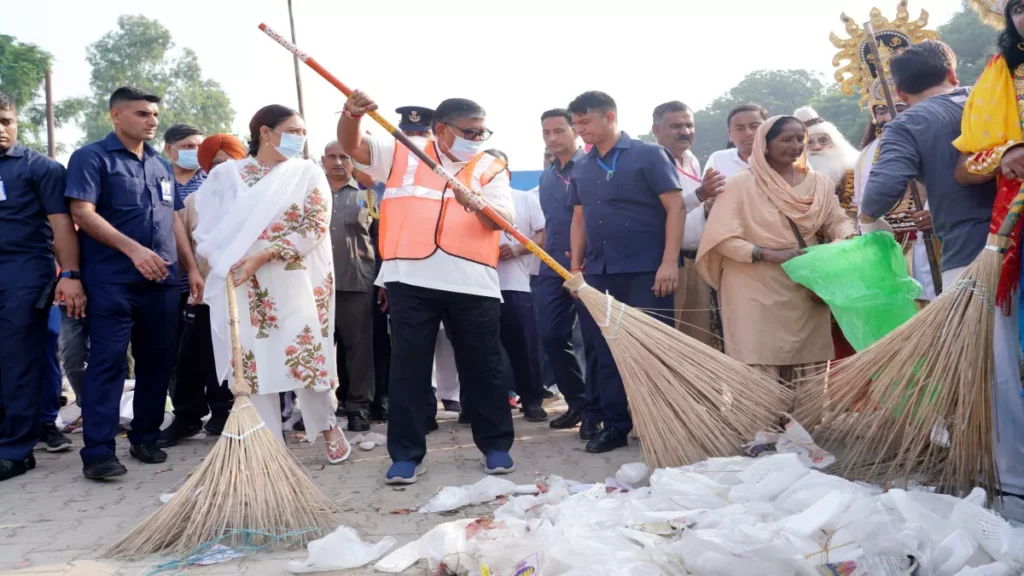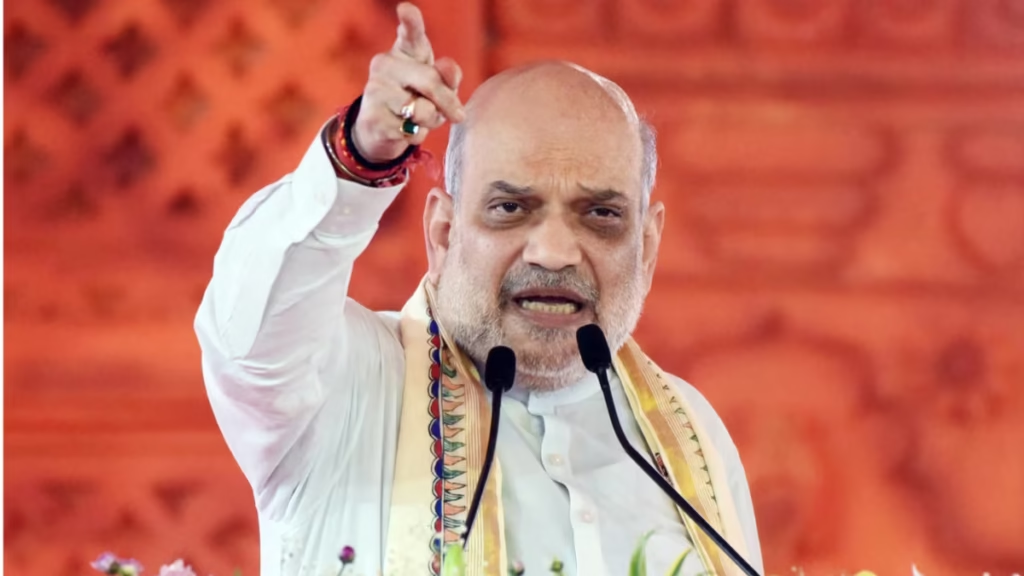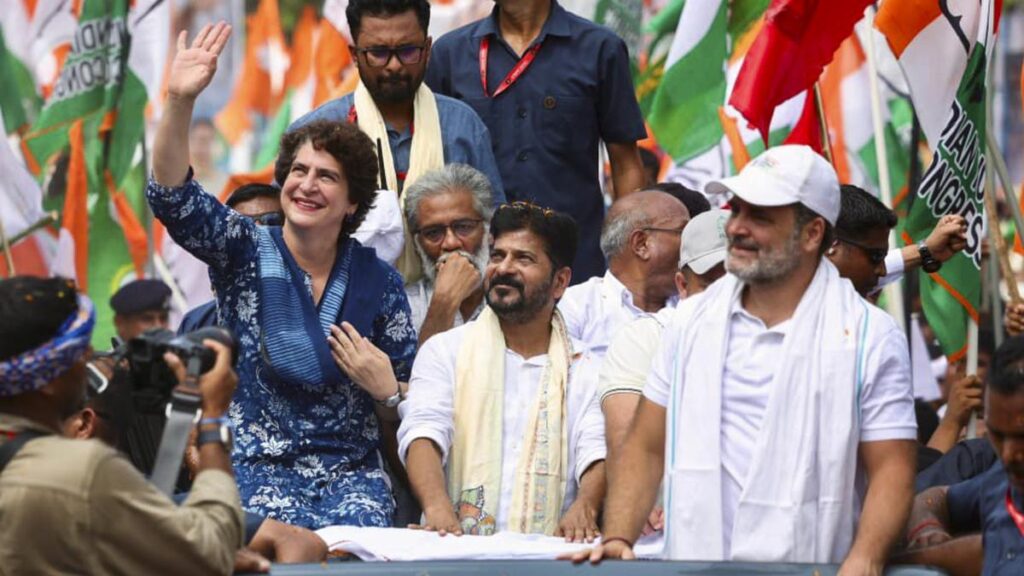Aadhaar voter eligibility: Aadhaar and Voter ID Not Sufficient Proof for Voter Eligibility, Says EC to SC
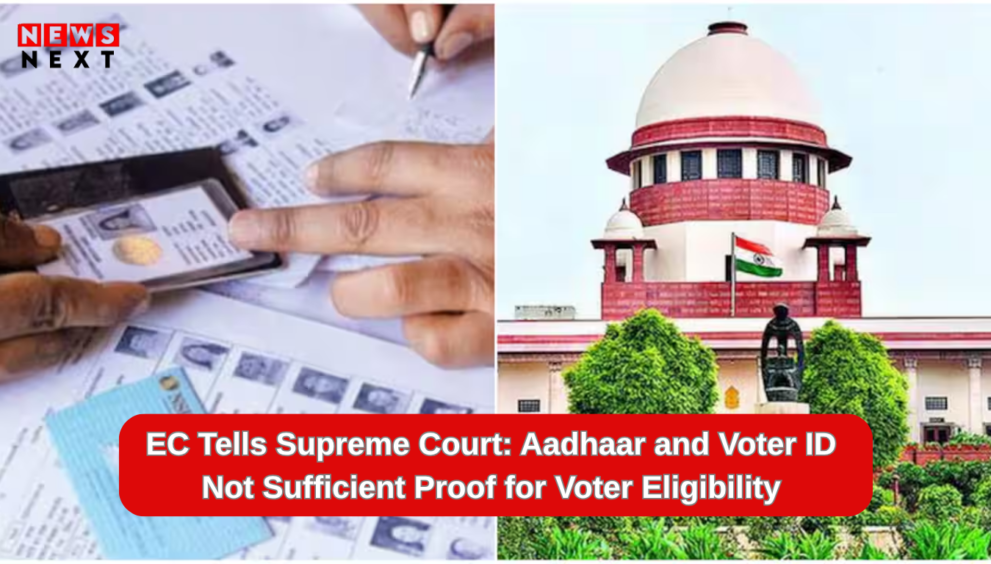
Aadhaar voter eligibility has become a major concern after the Election Commission of India informed the Supreme Court that Aadhaar and Voter ID alone are not sufficient proof for a citizen’s inclusion or retention in the electoral roll. This clarification comes amidst the ongoing voter list revisions in Bihar and other states, raising questions about the potential exclusion of marginalized groups such as Dalits, Adivasis, and migrant workers. The move highlights the need for more robust documentation to ensure fair and inclusive elections.
Aadhaar Voter Eligibility: What the Election Commission Said
In a recent statement to the Supreme Court, the Election Commission of India (ECI) clarified that Aadhaar and Voter ID cards alone are not sufficient to establish a citizen’s eligibility to vote. This revelation has stirred public attention, as both documents have traditionally been considered standard proofs for electoral registration.
The clarification came in the context of a Special Intensive Revision (SIR) of electoral rolls currently underway in Bihar ahead of the 2025 Assembly Elections. The ECI emphasized that mere possession of Aadhaar or a Voter ID does not guarantee inclusion in the electoral roll. Instead, multiple layers of verification are now required to confirm a person’s eligibility.
Why Aadhaar and Voter ID Are Not Enough
The ECI argued that Aadhaar was never designed as a citizenship document. It is primarily a proof of identity and residence, not nationality or citizenship. Voter ID, though specific to the electoral system, can also be misused or issued without thorough checks.
The concern is that relying solely on these documents could result in:
- Duplicate entries
- Inclusion of non-citizens or ineligible individuals
- Exclusion of genuine but marginalized citizens
This has raised critical questions about how voter eligibility should be determined, especially when millions rely on Aadhaar and Voter ID as their only documents.
Impact on Marginalized Communities and Migrants
The ECI’s stance has triggered fears of voter exclusion, particularly among:
- Dalits
- Adivasis
- Migrant laborers
- Urban poor
- Women without independent documentation
Many of these citizens may lack additional documents beyond Aadhaar or Voter ID. With stricter verification measures in place, there’s a risk that large segments of the population could be unjustly removed from electoral rolls — affecting their right to vote in crucial elections.
What Voters Need to Do Now
In light of these developments, citizens must take proactive steps to ensure their names remain on the voter list:
- Check your status on the National Voter Portal (NVSP)
- Participate in local voter verification drives
- Submit additional documents if requested by local authorities (e.g., utility bills, ration card, passport, etc.)
- Stay informed through official Election Commission announcements
Voter awareness is key. Without proper knowledge of the updated rules, many eligible voters may lose their chance to participate in the 2025 elections.
Supreme Court’s Role and Response
The Supreme Court of India is currently hearing petitions concerning the legality and implications of Aadhaar being used as a basis for voter verification. Petitioners have raised concerns over privacy violations, mass voter deletions, and lack of transparency in the voter list revision process.
In response, the Court has sought clarifications from the Election Commission, pushing for fair, transparent, and inclusive electoral processes. The case may also influence future policy reforms regarding digital identification and voter verification practices in India.
Legal Stand on Aadhaar Voter Eligibility
The legal foundation of Aadhaar voter eligibility has been challenged multiple times in Indian courts. The Supreme Court, in previous verdicts, ruled that Aadhaar cannot be made mandatory for accessing basic rights, including voting.
Although the Election Laws (Amendment) Act, 2021 allowed linking of Aadhaar with voter IDs to curb duplication, it did not make Aadhaar mandatory. Therefore, while Aadhaar can be used as a supporting document, it cannot be the sole determinant of a person’s voter eligibility.
This legal backdrop reinforces the Election Commission’s current position — that voter verification must go beyond just Aadhaar and Voter ID.edefine how elections are conducted in a democracy of over 900 million eligible voters.
Public Reactions and Political Debate on Aadhaar Voter Eligibility
The topic of Aadhaar voter eligibility has sparked heated political debate and public reactions. Several civil rights groups have raised concerns about:
- Mass voter deletion without notice
- Increased bureaucratic hurdles for the poor
- Lack of transparency in the verification process
Opposition parties have alleged that such decisions may be politically motivated to suppress certain vote banks. Meanwhile, the Election Commission maintains that the move is meant to ensure clean and fair elections, free from bogus voters and fraud.
The issue now balances between protecting the right to vote and ensuring integrity in the voter list.ce on technical documentation, without considering ground realities and social inclusion.
The Way Forward: Ensuring Inclusive and Secure Elections
To balance the need for secure elections with inclusive practices, experts recommend:
- Allowing alternative proofs of residence and identity
- Strengthening local-level verification through booth officers
- Ensuring transparency in voter roll updates
- Running awareness campaigns about changes in eligibility criteria
- Establishing an appeal mechanism for excluded voters
Technology must aid democracy, not hinder it. Aadhaar can assist in identifying voters, but citizenship and eligibility must be determined by more than a digital ID. Vice-President Resignation

